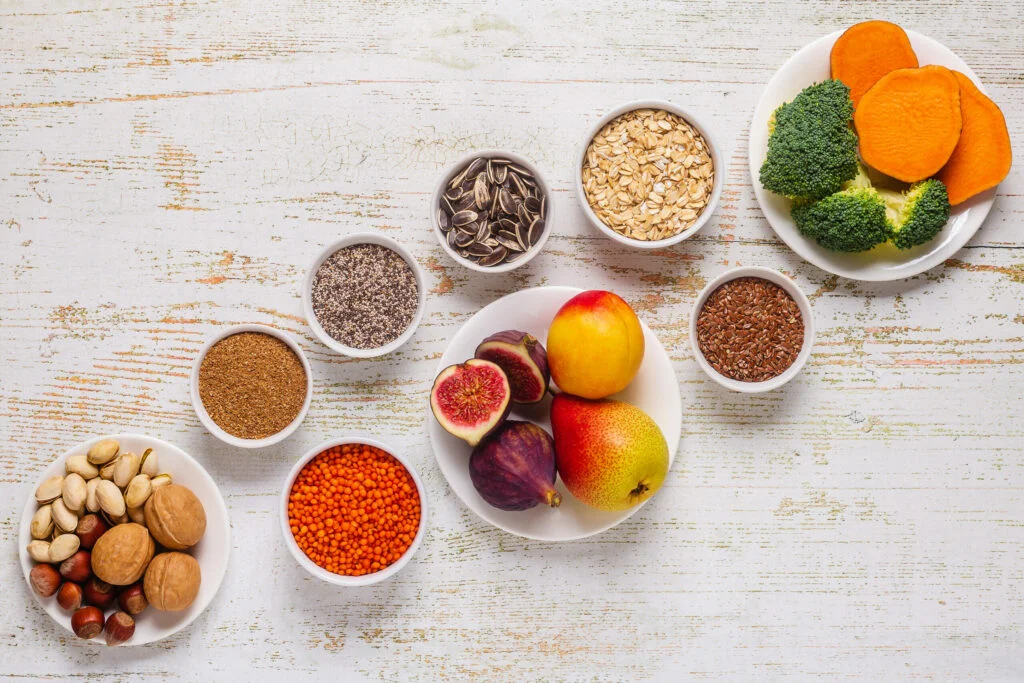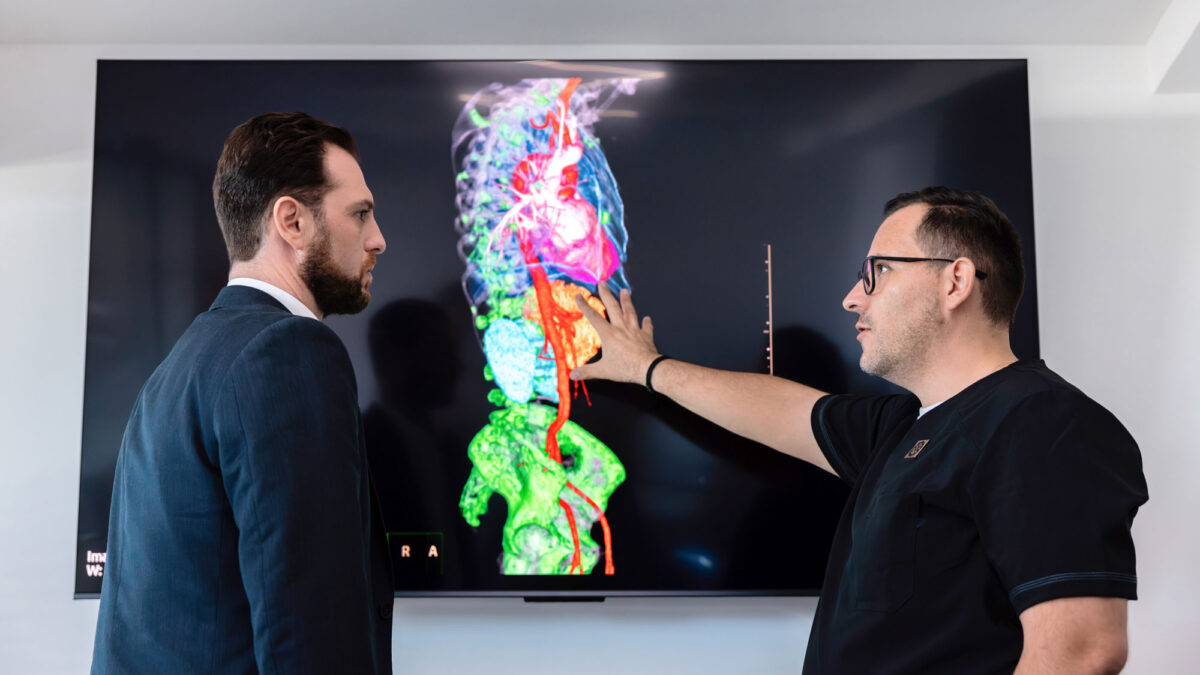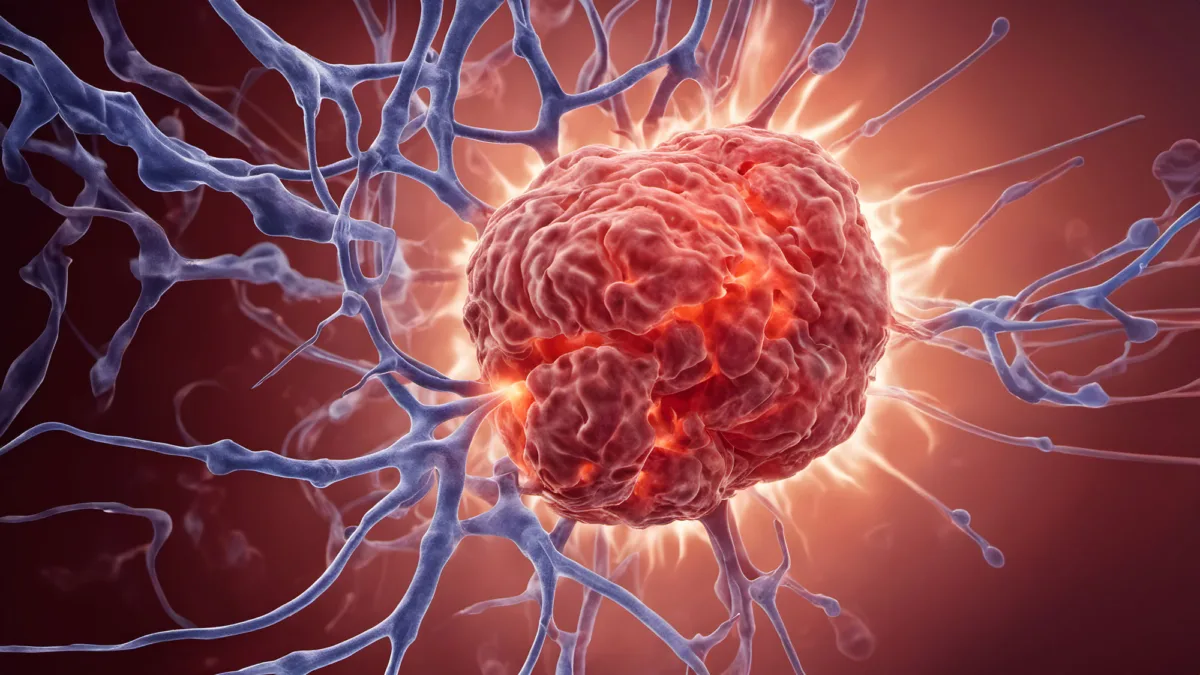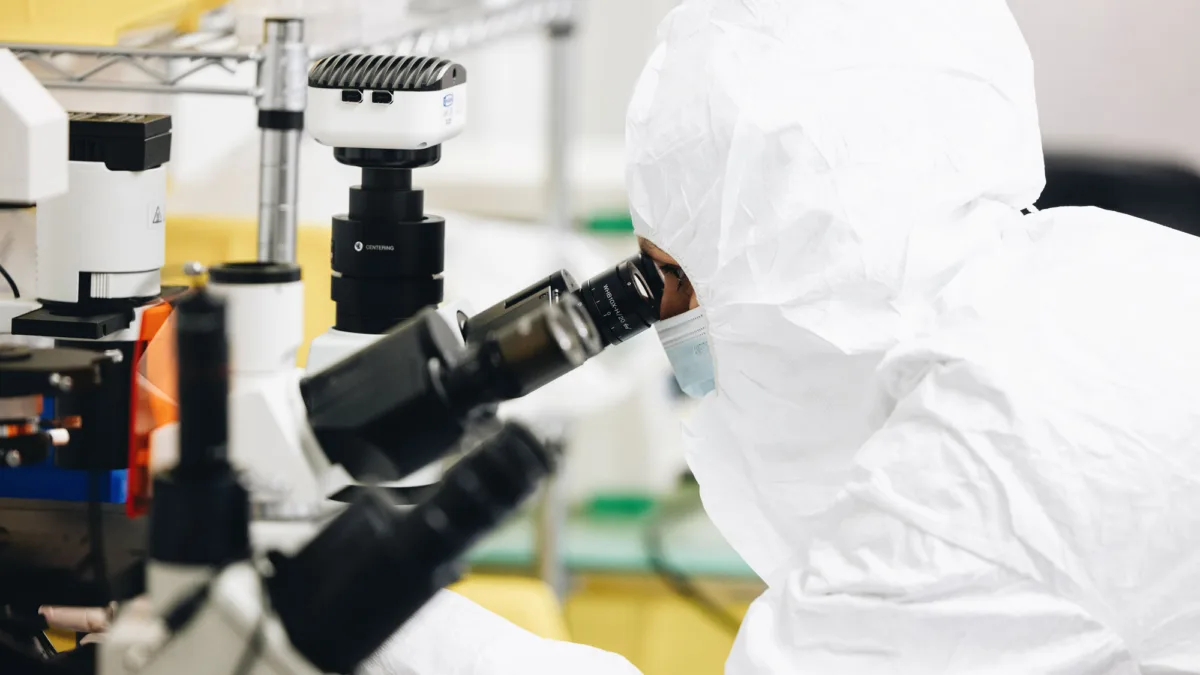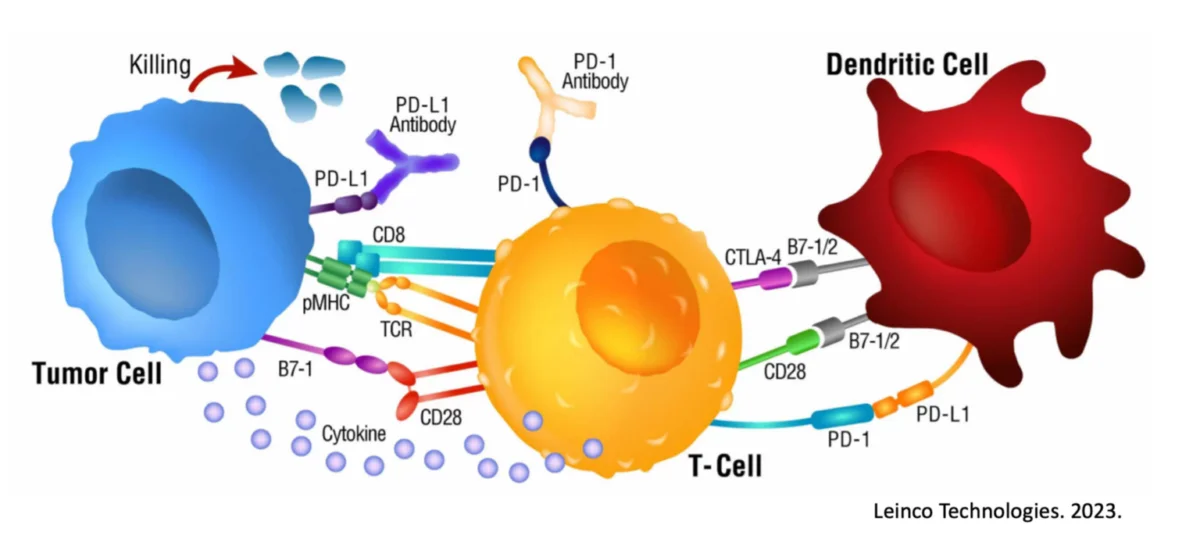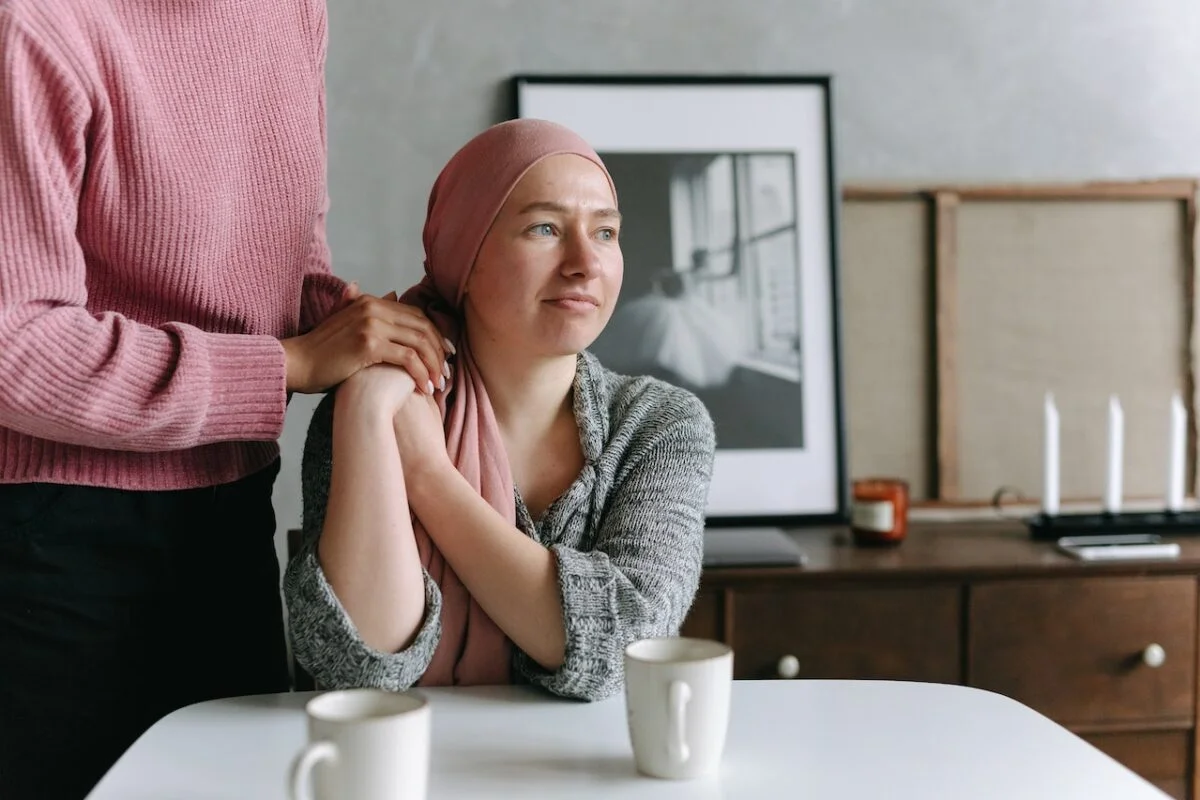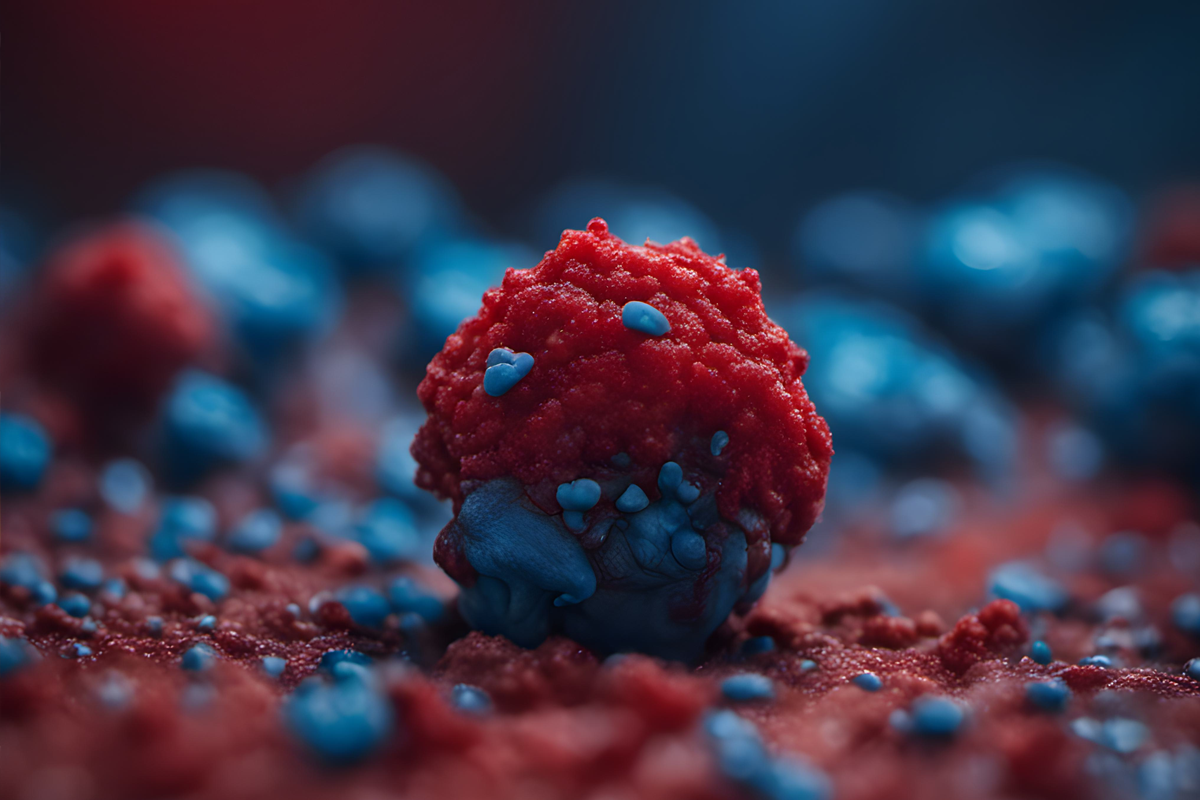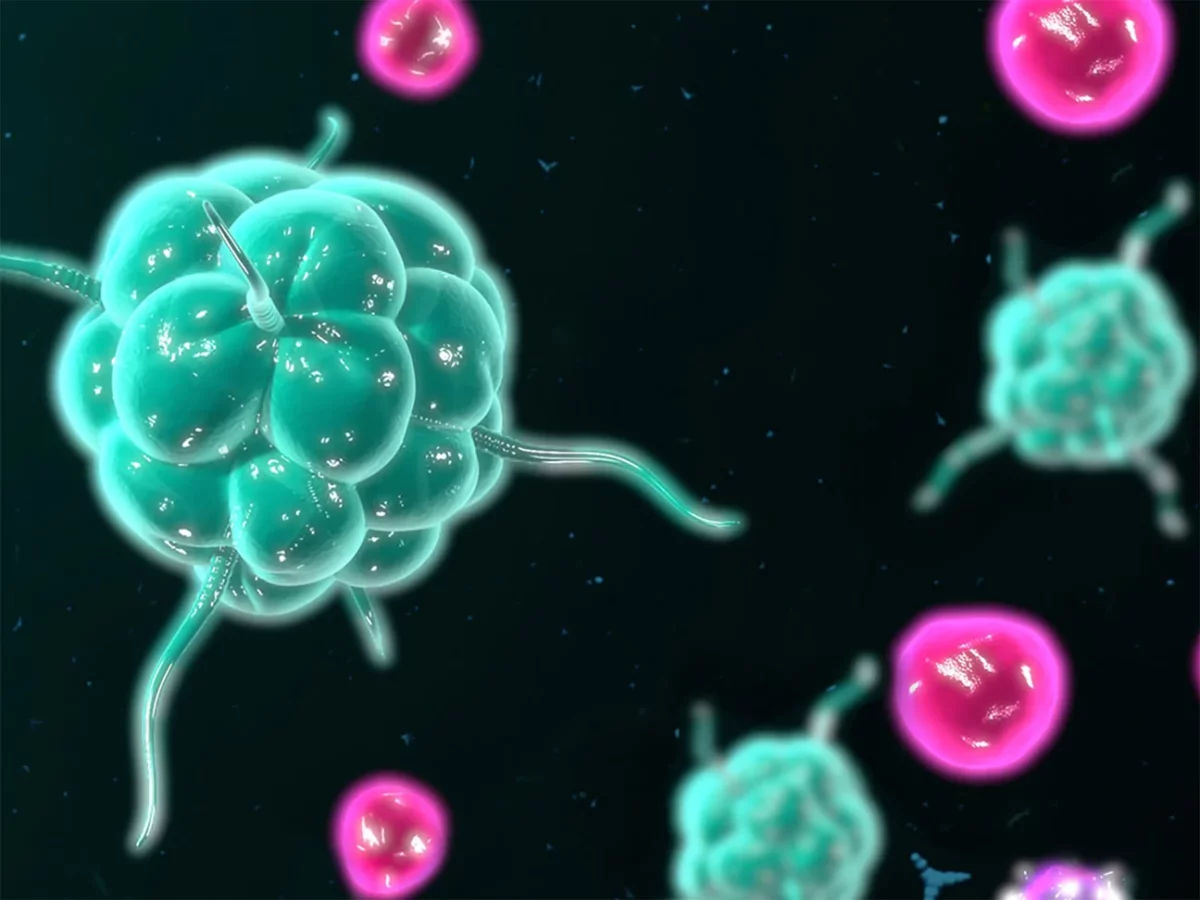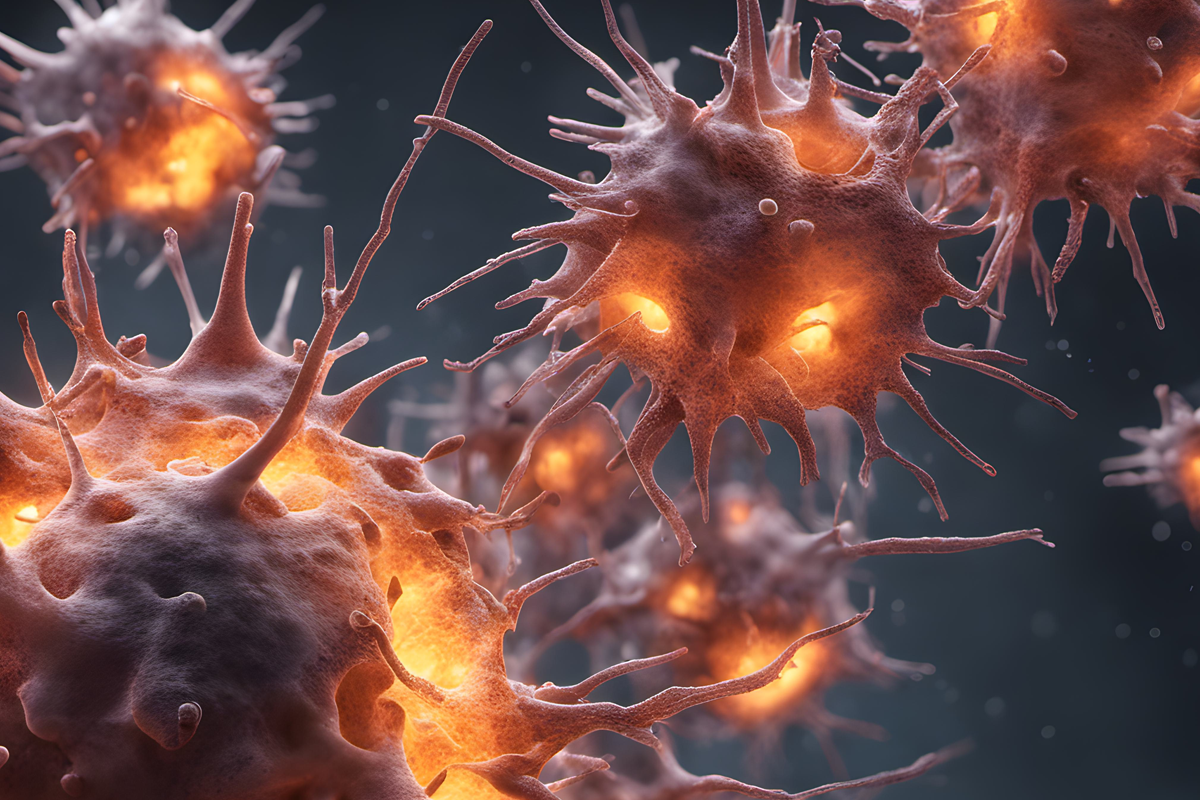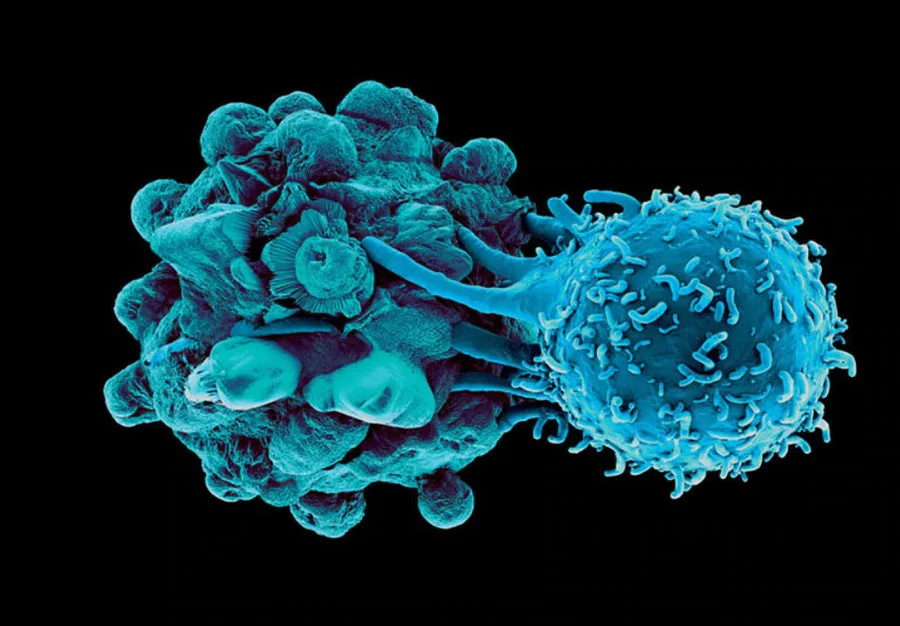Could Curcumin Really Help Cure Cancer?
Cancer is a complex disease that affects millions of people worldwide. While conventional cancer treatments such as chemotherapy, radiation, and surgery are effective, they can also cause a lot of side effects and often fail to achieve the efficacy desired. As a result, many people turn to alternative treatments like Immunocine’s cutting-edge Immunotherapy protocol, but continue to wonder if there are other adjunctive treatments to be added. In this blog, we’ll explore the rationale and use of Curcumin to combat cancer and their potential benefits, backed by scientific references.
*As an important consideration, one should not consume Curcumin regularly if on prescribed anti-coagulants, blood thinners, or naturally have clotting / bleeding / platelet issues. Curcumin has been demonstrated to increase PT and PTT measures, and skew INRs, and could be dangerous within these situations.
Curcumin and Biology

Curcumin is the active ingredient found in turmeric; a spice commonly used in Indian cuisine. It has been shown that Curcumin can inhibit the formation of cancer and spread the cancerous cells by exerting anti-angiogenic effects, inducing apoptosis and interfering with the cell proliferation cycle1, 2, and does this through a variety of mechanisms. Curcumin inhibits tumor invasion by reducing the modification of matrix metalloproteases (MMPs), the cell surface adhesive molecules NF-κβ, AP-1, TNF-α, LOX and COX-2, chemokines, growth factors (HER-2 and EGFR), inhibits N-Terminal activity and tyrosine kinase protein2, 3, 4. Curcumin inhibits angiogenesis in some tumors by suppressing angiogenic cytokines such as IL-6, IL-23, and IL-1β5, 6. Another mechanism of the anti-cancer effects of Curcumin is due to its interference in the cell cycle and reduction in CDK expression. CDKs are actually serine / threonine kinases that control cell cycle progression, and are upregulated in numerous cancers and the focus of several pharmacological drugs7.
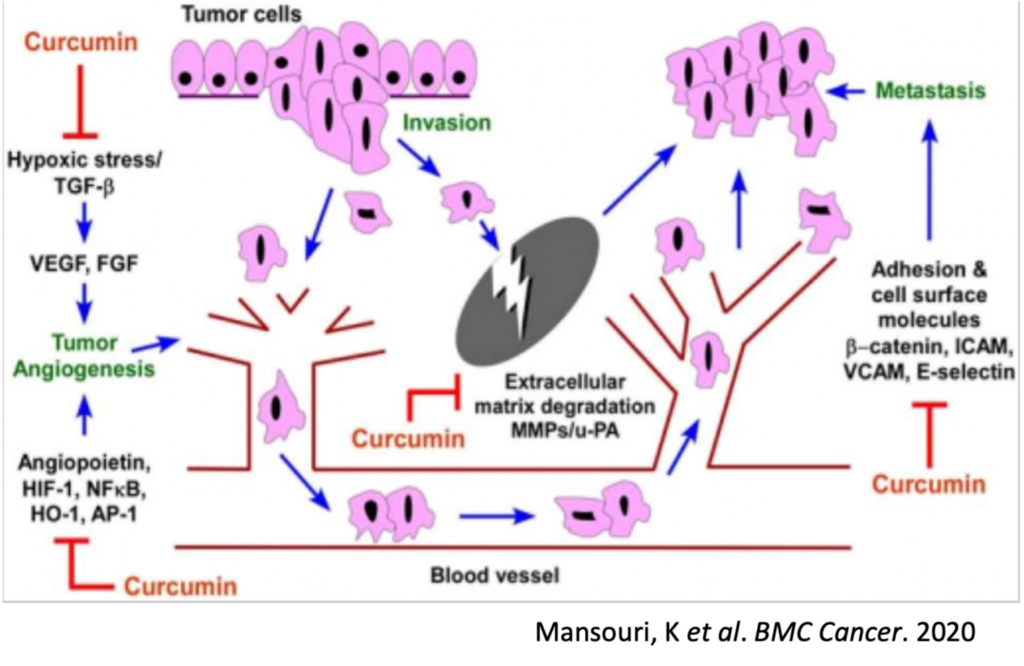
Curcumin has repeatedly shown an ability to reduce side effects when concurrently employing various cancer treatments, and that in and of itself may make it a worthwhile addition. But there have also been a number of trials that have provided some practical validity to its inclusion here.
Curcumin in the Cancer Clinic
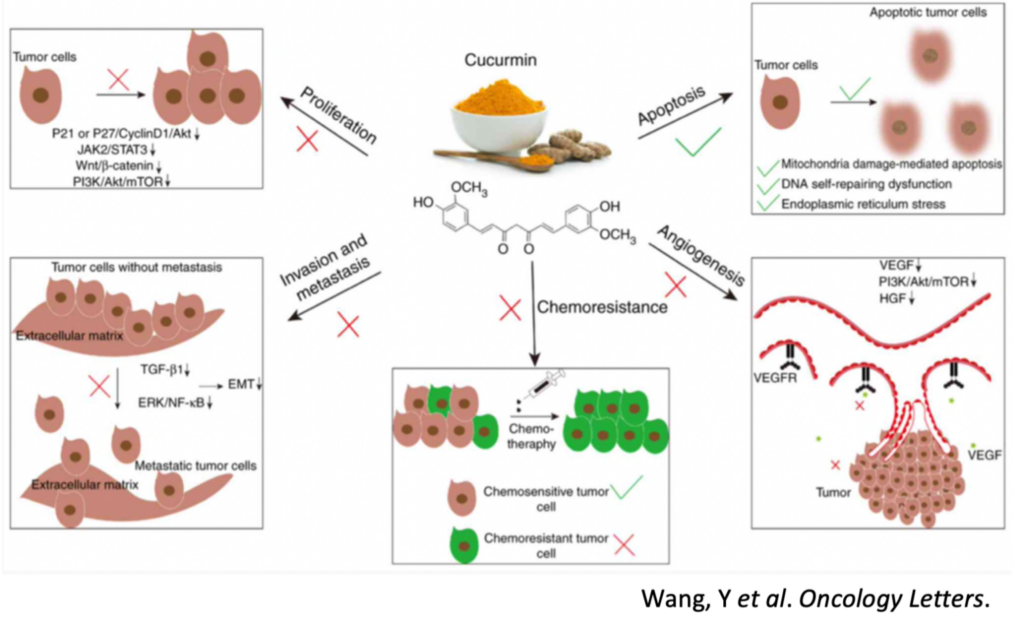
In a small 12-patient study with colorectal cancer subjects, 3.6g of Curcumin a day was well tolerated and enhanced effectiveness to the treatment plan8. Another colorectal study demonstrated that 1g/day Curcumin increased body weight, decreased serum TNF-alpha levels, and increased apoptotic tumor cells9. And while up to 1.5g decreased polyp size without any issues10, other studies have found that taking as much as 8g per day could present toxicity issues11. In a 150-patient advanced breast cancer trial, Curcumin-treated groups saw significant benefit over control groups, including still 3 months after treatment12. Additionally, the authors of this study found that intravenously administered Curcumin (300mg/week) caused no major safety issues and no reduction in quality of life, and it may have been beneficial in reducing fatigue. Other trials are ongoing in other cancers as well, including breast, prostate, and multiple myeloma.
Curcumin and Immunotherapy Treatment
Though early in study, there has also been evidence that Curcumin can synergize with immunotherapy to improve results, including a study in which oral Curcumin administration resulted in the significant augmentation of in vivo induction of tumor antigen-specific T cells through restoration of dendritic cell activity in the body13. In a different study, Curcumin prevented the loss of T cells, expanded central memory T cell (TCM)/effector memory T cell (TEM) populations, reversed the type 2 immune bias and attenuated the tumor-induced inhibition of T-cell proliferation in tumor-bearing hosts14. In yet another study, it was demonstrated that in Head and Neck cancers, Curcumin reduced epithelial-to-mesenchymal transition-associated tumor invasion and metastasis. Curcumin also effectively restored the ability of CD8+ cytotoxic killer T cells to lyse cancer cells, increased T-cell proliferation, tumor-infiltrating lymphocytes (TILs), effector cytokines, and decreased the expression of PD-1, TIM-3, suppressive immune checkpoint receptors and their ligands (PD-L1, PD-L2, and Galectin-9) in the tumor microenvironment, implying reinvigoration of the exhausted CD8+ T cells. In addition, Curcumin inhibited expression of CD4+CD25+FoxP3+ Treg cells as well as PD-1 and TIM-3 expression on circulating immunosuppressive cells15.
How to Consider Curcumin & Its Role in Cancer Treatment
With all of this said, this does not mean “Curcumin will cure cancer” or that you are “doomed without it.” It is not FDA approved as any cancer treatment, and should not replace more legitimate cancer therapies and medical supervision. However, it could be a helpful adjuvant to begin taking before the Immunocine therapy, with a brief pause during the launch of the immune response (to avoid adding unmeasurable variables), and then a continuation after the immune response is underway. Supplements are not tightly regulated, and thus it is critical to ensure you purchase from a reputable company. If you are looking to add another “tool to your toolbelt” in your fight back to health, Curcumin may be a phenomenal add.
Below is just an example of how Curcumin could be added into your routine around the Immunocine Treatment:

References
1. Prasad, S., Gupta, S.C., Tyagi, A.K. & Aggarwal, B.B. Curcumin, a component of golden spice: from bedside to bench and back. Biotechnol Adv 32, 1053-1064 (2014).
2. Duvoix, A. et al. Chemopreventive and therapeutic effects of curcumin. Cancer Lett 223, 181-190 (2005).
3. Qadir, M.I., Naqvi, S.T. & Muhammad, S.A. Curcumin: a Polyphenol with Molecular Targets for Cancer Control. Asian Pac J Cancer Prev 17, 2735-2739 (2016).
4. Niedzwiecki, A., Roomi, M.W., Kalinovsky, T. & Rath, M. Anticancer Efficacy of Polyphenols and Their Combinations. Nutrients 8 (2016).
5. Pulido-Moran, M., Moreno-Fernandez, J., Ramirez-Tortosa, C. & Ramirez-Tortosa, M. Curcumin and Health. Molecules 21, 264 (2016).
6. Cho, M.L. et al. Interleukin-18 induces the production of vascular endothelial growth factor (VEGF) in rheumatoid arthritis synovial fibroblasts via AP-1-dependent pathways. Immunol Lett 103, 159-166 (2006).
7. Kasi, P.D. et al. Molecular targets of curcumin for cancer therapy: an updated review. Tumour Biol 37, 13017-13028 (2016).
8. Garcea, G. et al. Consumption of the putative chemopreventive agent curcumin by cancer patients: assessment of curcumin levels in the colorectum and their pharmacodynamic consequences. Cancer Epidemiol Biomarkers Prev 14, 120-125 (2005).
9. He, Z.Y. et al. Upregulation of p53 expression in patients with colorectal cancer by administration of curcumin. Cancer Invest 29, 208-213 (2011).
10. Cruz-Correa, M. et al. Combination treatment with curcumin and quercetin of adenomas in familial adenomatous polyposis. Clin Gastroenterol Hepatol 4, 1035-1038 (2006).
11. Bayet-Robert, M. et al. Phase I dose escalation trial of docetaxel plus curcumin in patients with advanced and metastatic breast cancer. Cancer Biol Ther 9, 8-14 (2010).
12. Saghatelyan, T. et al. Efficacy and safety of curcumin in combination with paclitaxel in patients with advanced, metastatic breast cancer: A comparative, randomized, double-blind, placebo-controlled clinical trial. Phytomedicine 70, 153218 (2020).
13. Hayakawa, T., Yaguchi, T. & Kawakami, Y. Enhanced anti-tumor effects of the PD-1 blockade combined with a highly absorptive form of curcumin targeting STAT3. Cancer Sci 111, 4326-4335 (2020).
14. Bhattacharyya, S. et al. Curcumin reverses T cell-mediated adaptive immune dysfunctions in tumor-bearing hosts. Cell Mol Immunol 7, 306-315 (2010).
15. Liu, L. et al. The effect of Curcumin on multi-level immune checkpoint blockade and T cell dysfunction in head and neck cancer. Phytomedicine 92, 153758 (2021).
READ THIS NEXT
Nourishing Hope: The Vital Role of Nutrition During Cancer Treatment
Cancer is a formidable opponent that affects millions of lives worldwide. While advancements in medical treatments, such as immunotherapy, h
Read MoreEGCG and Green Tea Protect Anti-Tumor Immunity
Epigallocatechin gallate (EGCG) is the most abundant catechin in green tea, and one of the most studied polyphenols across the world1.&
Read MoreBoosting Immunotherapy with Dietary Fiber
Of the 1.9 million cancer patients in 2021, 600,000 received immunotherapy, a remarkable number given the FDA approved the first cancer immu
Read More


